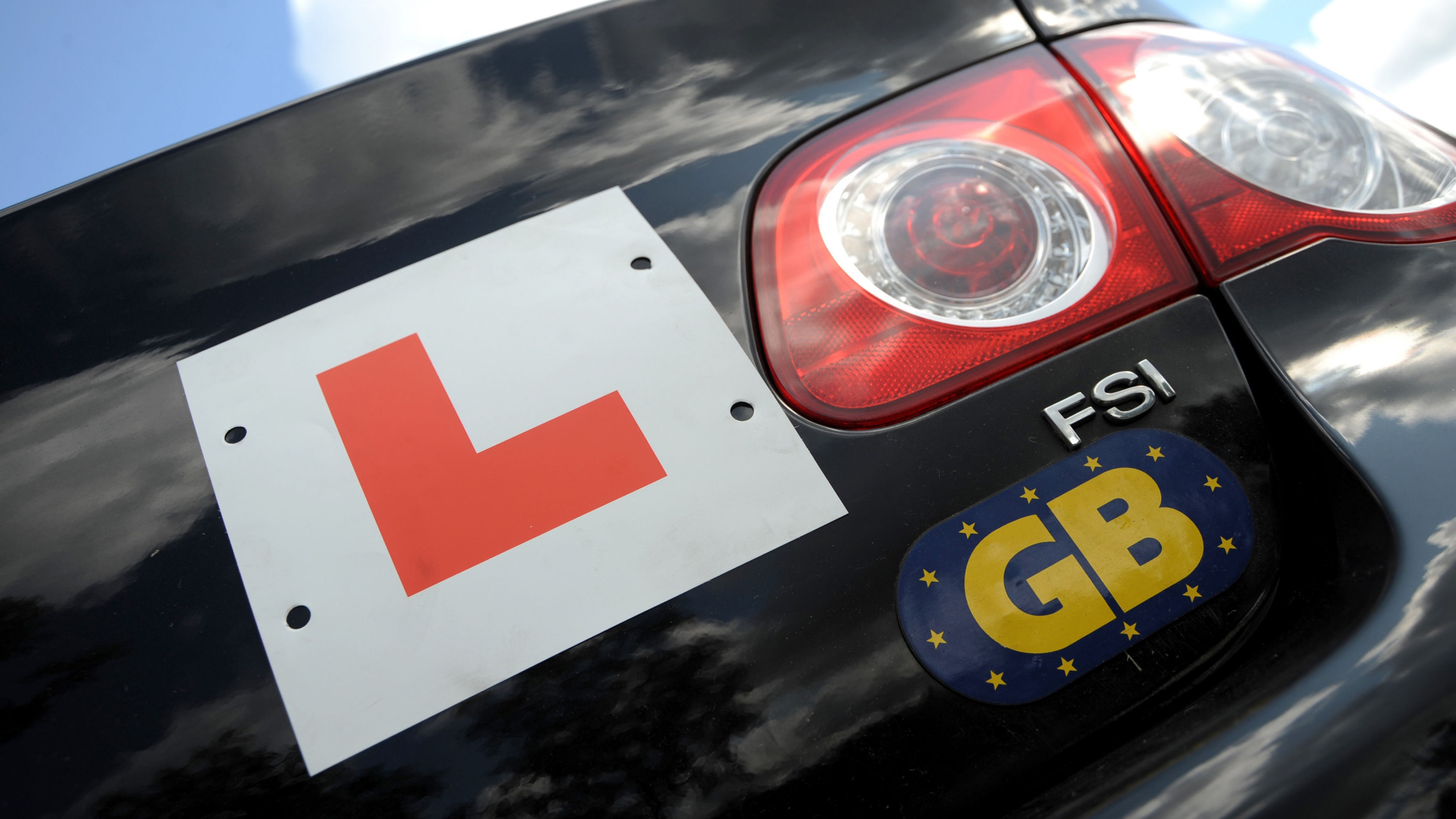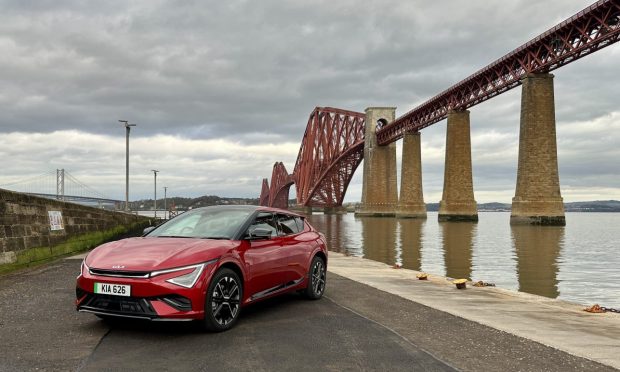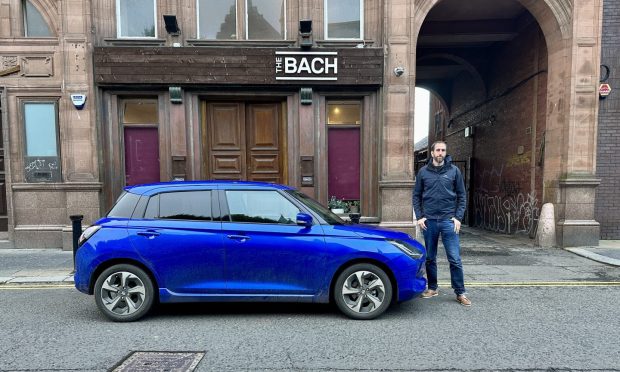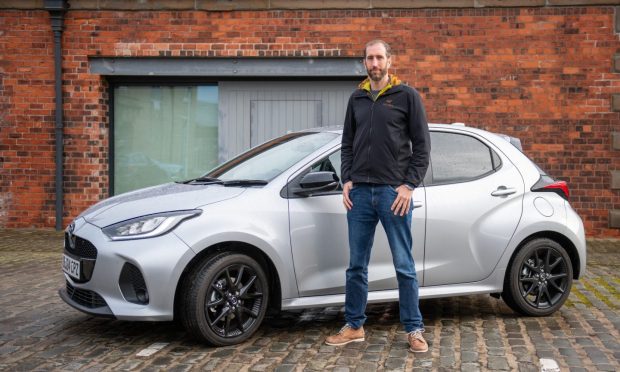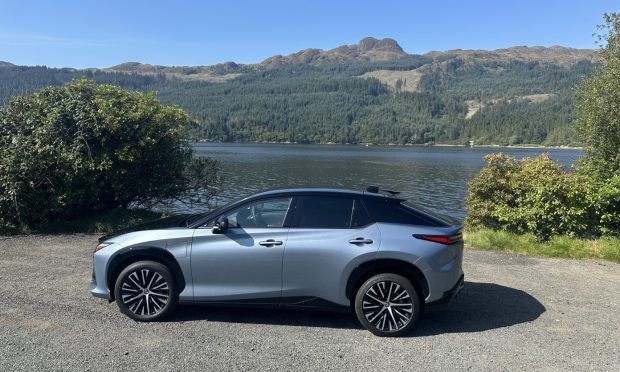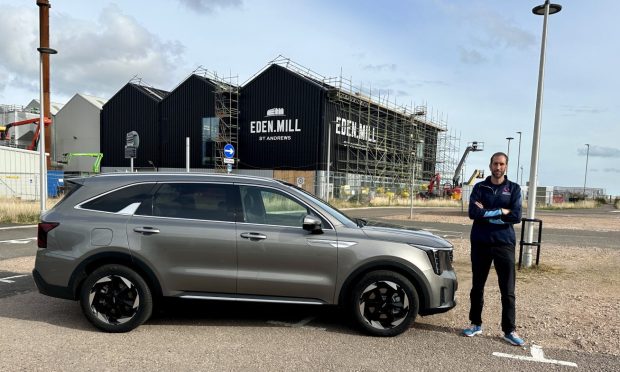Rural driving lessons should be compulsory for all learner drivers, according to a road safety charity.
Figures from the Department for Transport show that 120 young drivers lost their lives in 2015 – the last year for which statistics are available – with 80% of these deaths occurring on country roads.
In comparison, 16% took place on urban roads and just 4% on motorways.
Jason Wakeford, director of campaigns for road safety charity Brake, said: “High speeds, sharp bends, narrow lanes, risky overtaking and the presence of vulnerable road users like cyclists, make rural roads the most dangerous by far. The combination of rural roads and novice drivers is lethal – a staggering 80% of all young car driver fatalities occur in rural locations.
“Brake is calling for a total overhaul of the learning to drive system to help cut fatalities and injuries. A graduated licensing system, including a minimum learning period, mandatory training on rural roads and restrictions for newly qualified drivers – such as a zero drink-drive limit – will allow new drivers to build up more skills and experience over a longer period.”
Wakeford said similar systems in Australia and New Zealand had “dramatically reduced road casualties” and could save as many as 400 lives per year if introduced in Britain.
He added: “Brake is also calling for a review of rural speed limits and for voluntary intelligent speed adaptation systems, which help drivers keep within the limit, to be fitted as standard to new cars. There is also the need for better and more affordable public transport, so fewer young people see starting driving in their teens as a necessity.”
However, a spokesperson for the Department for Transport ruled out rural lessons being introduced.
“We have some of the safest roads in the world and we are determined to do everything we can to make them even safer,” the spokesperson said.
“We encourage learner drivers to experience as many driving conditions and road types as possible before taking their test, however making lessons compulsory on rural roads would be impractical for people due to geographical distances and potential associated costs.
“We are constantly taking action to help keep young drivers safe, including allowing learner drivers to take lessons on motorways with an approved instructor, tightening the laws on drug driving and using a mobile phone behind the wheel, and we are spending £175 million upgrading 50 of England’s most dangerous local A-roads.”
